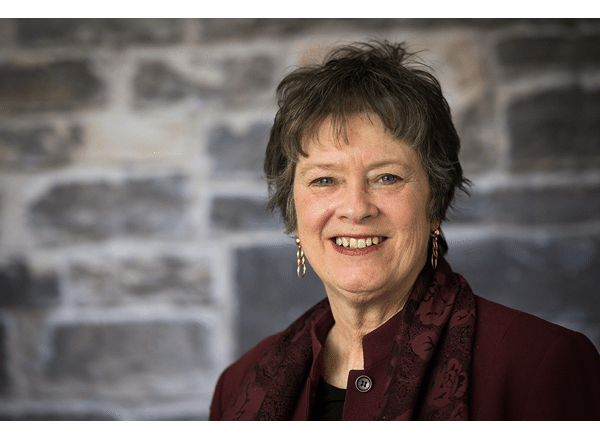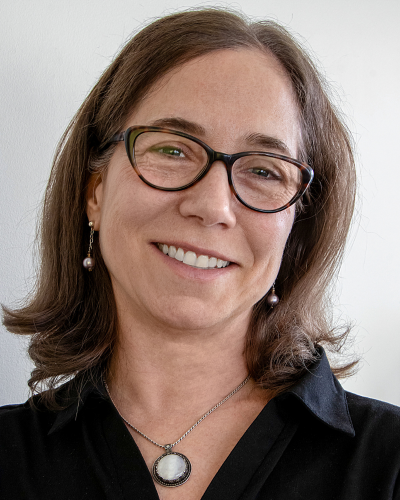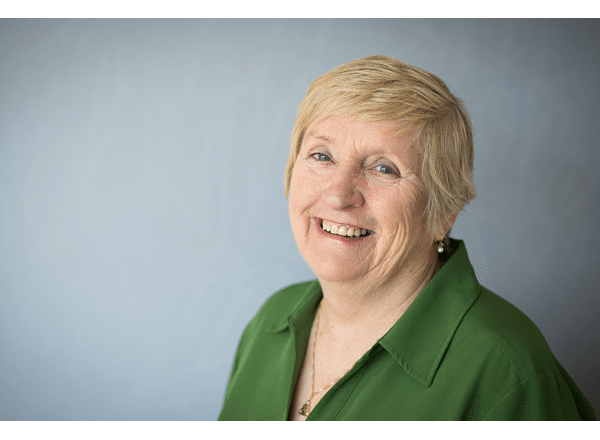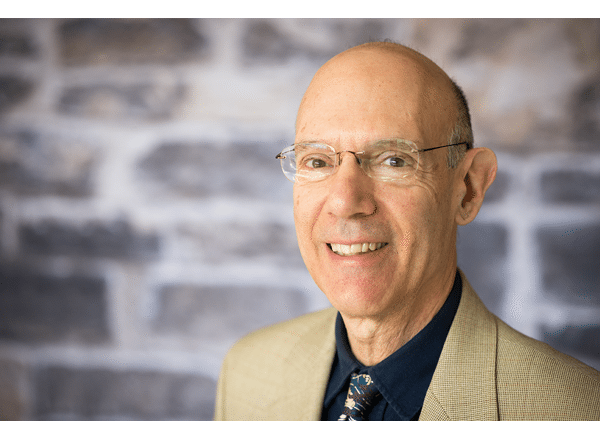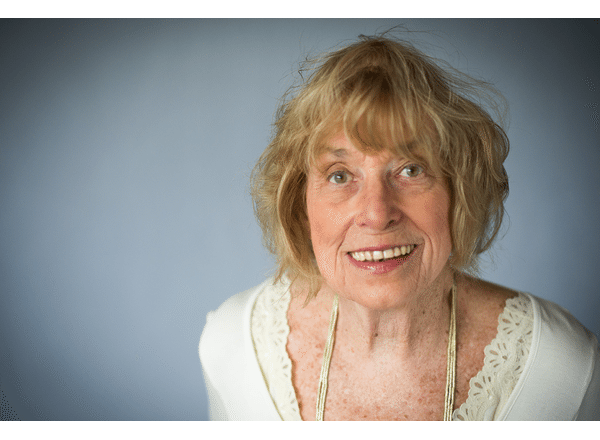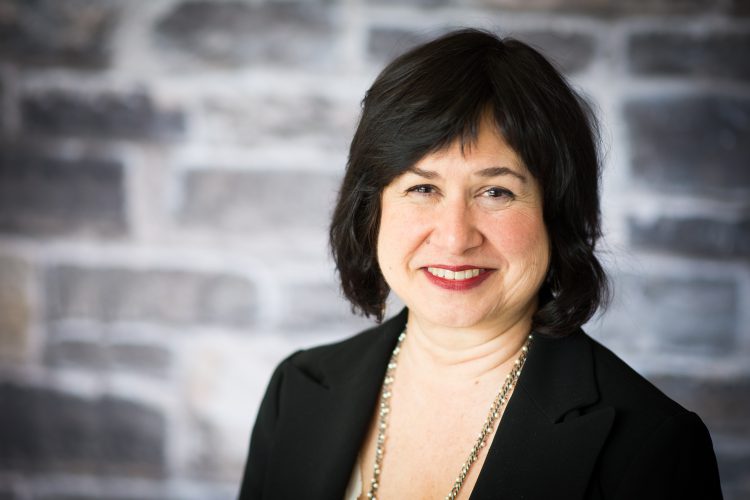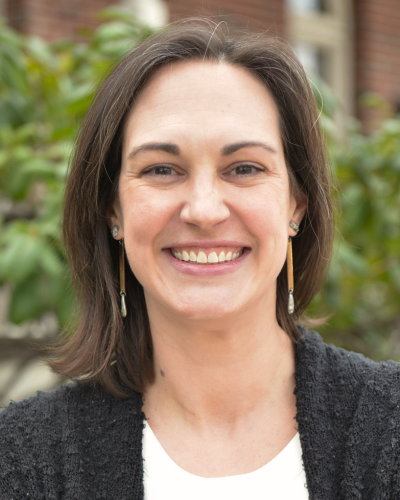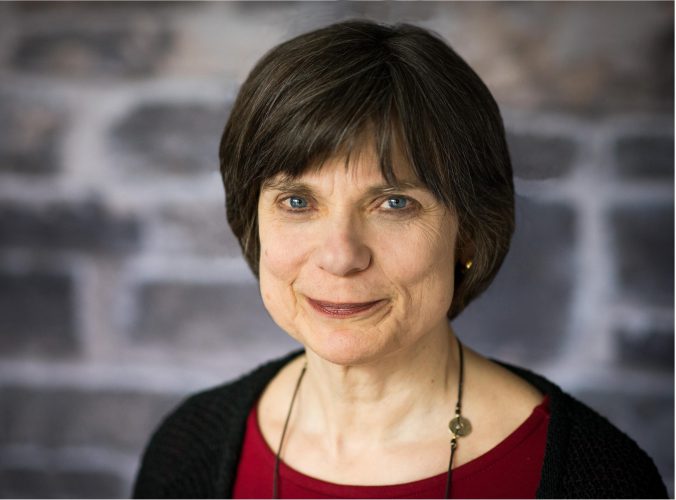My undergraduate education was at Harvard College (A.B., 1966) and my medical degree (M.D., 1970) is from Columbia University. I served in the U.S. Army from 1972 to 1974. I directed three alcoholism rehabilitation programs, the first during my military service and two more after completion of my psychiatric training at the New York State Psychiatric Institute (Board Certified, 1977). I also worked for 17 years in an inner-city community mental health center in Holyoke, Massachusetts. My psychoanalytic studies started at the Center for Modern Psychoanalytic Studies in New York and continued at the Boston Graduate School of Psychoanalysis, from whose certificate program I graduated in 1987. (I have actually been teaching at BGSP since 1979.)
My personal life includes a marriage of over 40 years, two children, and many avocational interests. I am a dancer, musician and singer, and have been the leader of the international folk dance band Panharmonium since 1992. I also created the large mobile “Mother and Child” that hangs (most of the time) in the front hall of BGSP.
I have taught, lectured and written about a wide variety of subjects, including fantasy and creativity, childhood and maturation, men and women, and sex and violence. Here is a list of my published papers, with brief descriptions:
Program Affiliation
Programs in Psychoanalysis and Clinical Mental Health Counseling
Education
Cert. Psya., Boston Graduate School of Psychoanalysis, 1987
M.D., Columbia University, College of Physicians and Surgeons, 1970
Published Papers
(2015) "Getting to No: The Role of the Negative in Liberating Desire", Modern Psychoanalysis, 40:155-175. Freedom to feel everything depends on the ability to say no to one’s desires.
(2013) "Magic and Psychoanalysis", Modern Psychoanalysis, 38:227-245. How can we learn to integrate magical experience with rational thinking?(2010) "Happiness: a Structural Theory", Modern Psychoanalysis, 35:147-163. Balancing the three parts of the mind.
(2007) "The Joy of Violence", Modern Psychoanalysis, 32:20-42. What helping professionals need to understand about violence.
(2004) "Getting Mad and Getting Even", Modern Psychoanalysis, 29:23-36. Psychological injury and revenge: is there a way out?
(2001) "To Make a Marriage", Modern Psychoanalysis, 26:63-68. Compulsions, advice, love and luck.
(1998) "What Do Men Fear?", Modern Psychoanalysis, 23:211-224. Is there any place for men in a peaceful and orderly society?
(1997) "From Pleasure to Reality, through Fantasy: What do Children Need?", Modern Psychoanalysis, 22:167-173. Incorporating both the positive and the negative in growing up.
(1994) "Impulsivity, Aggression, Fantasy, Space and Time", Modern Psychoanalysis, 19:19-26. Expanding the horizons of immature people.
(1990) "Male Sexuality and Male Aggression", Modern Psychoanalysis, 15:225-236. Lessons from the Arabian Nights for men and women.
(1989) "What Do Men Want?", Modern Psychoanalysis, 14:75-87. Men's envy of women's ability to bear children has not been sufficiently recognized.
(1978) "A Model for Understanding and Treating the Impulsive Patient", Modern Psychoanalysis, 3:173-196. Impulsive behaviors are perpetuated by a vicious circle of consequences.
Unpublished Papers & Presentations
(2016) "Pleasure and its Discontents: Evolutionary and Psychoanalytic Perspectives on Addiction." Is there an “addictive personality”, or can anyone become addicted given the right stimulus?
(2010) "Revolution by Fable: Freudianism and Feminism in The Wonderful Wizard of Oz." The real-world effects of L. Frank Baum's feminist masterpiece may have been greatly underestimated.
(2008) "Psychoanalysis and Parenting" (transciption). "Re-parenting" is the true work of a psychoanalytic relationship.
(2008) "Magic for Grownups: Applications of Emotional and Symbolic Communication." Correspondences between magical theory and psychoanalytic theory and practice.
(2007) "Dealing with Difficult People." A therapeutic approach to relationships.
(2007) "Emotional Self-Defense." How to protect oneself from emotional harm through awareness of self and others.
(2004) "Getting to No: The Role of the Negative in Liberating Desire." Freedom to feel everything depends on the ability to say no to one's desires.
(2001) "Prejudice, Transference and Sex." Love and hate between strangers.
(2000) "Truths and Lies in Teaching and other Relationships." Teachers can make mistakes, and that's OK.
(1998) "Refugees from the Garden of Eden." The biblical story is re-enacted in all of us.
(1998) "The Roots of Creativity." Creation always involves destruction.
(1987) "Fantasy and Modern Psychoanalytic Therapy", certificate thesis. A case study of the use of maturational interventions to promote the growth of fantasy.
